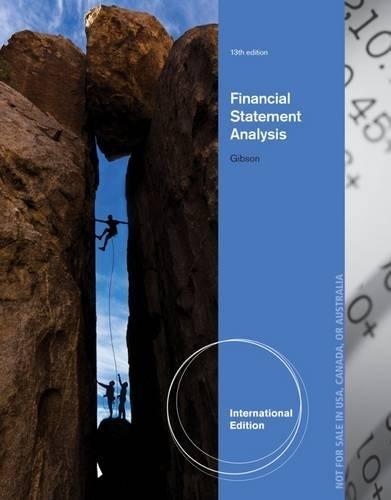Question
Consider a European call option on a non-dividend-paying stock where the stock price is $40, the strike price is $40, the risk-free rate is 10%
Consider a European call option on a non-dividend-paying stock where the stock price is $40, the strike price is $40, the risk-free rate is 10% per annum, over each of the next two 3-month periods it is expected to go up by 10% or down by 10% and the time to maturity is 6 months. a) Calculate u, d, and the risk-neutral probability p for a two-step tree, value the option using the two-step tree and risk-neutral probability you get. Then, explain what is meant by the delta of a stock option? What is the value of the delta for each step? And get the option value by using the delta-hedged portfolio, get the European put with the same strike and time to expiry by using Put-Call parity.
b) Based on this stock, consider an American put option with the strike price is $42, the risk-free rate, the time to maturity, and time steps keep the same, what is the premium of this option.
Step by Step Solution
There are 3 Steps involved in it
Step: 1

Get Instant Access to Expert-Tailored Solutions
See step-by-step solutions with expert insights and AI powered tools for academic success
Step: 2

Step: 3

Ace Your Homework with AI
Get the answers you need in no time with our AI-driven, step-by-step assistance
Get Started


